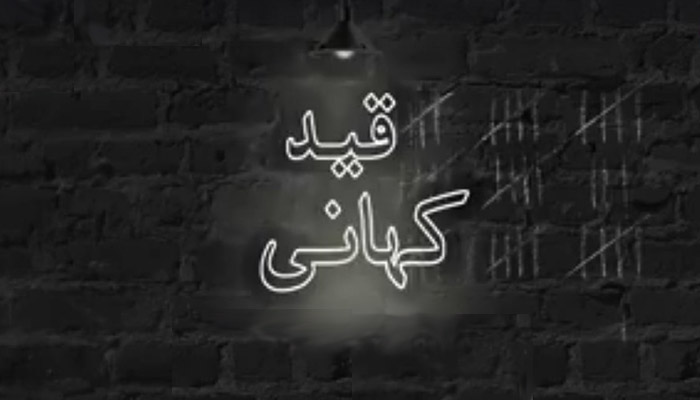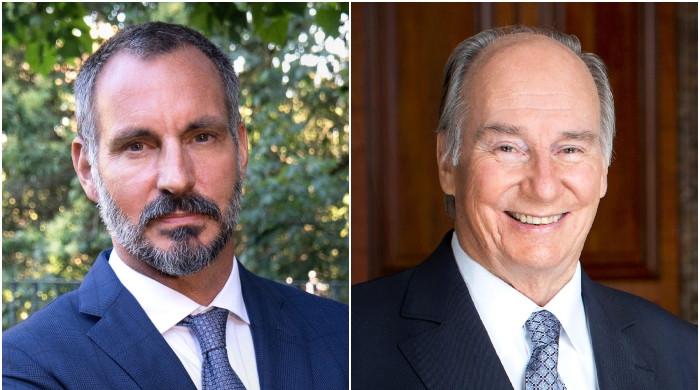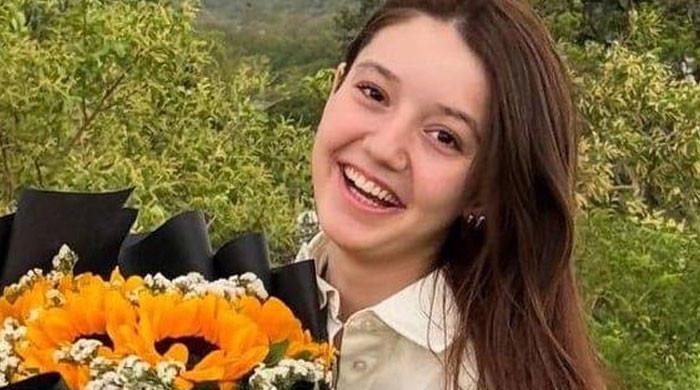From death row to radio
A new radio series in Pakistan is telling the stories of prisoners on death row
May 29, 2017

Back in the day, radio dramas were of paramount importance when it came to entertainment in a regular Pakistani household, before the advent of televisions, the Internet and now Netflix. But Justice Project Pakistan is changing this.
Public advocacy has been central to their work, trying to raise awareness of a criminal justice system that needs to be reviewed, if not overhauled.
On the first Monday in May, I luckily tuned into FM 103 and was pleasantly surprised to discover the dying art form of radio dramas.
Qaid Kahani is an 8-part radio series developed by JPP and Ajoka Theatre. It takes a closer look at some of the rather overlooked realities of Pakistan. The show is an amalgamation of poetry, re-enactments, dramatic readings, songs and case histories that help in humanising death row prisoners.
Every episode independently deals with a real life case of a death row prisoner and gives the listener a different perspective on their story - a perspective that is as important as it is grave.
Five of the eight episodes have been broadcasted. The first episode was about a young boy, Shafique who hailed from Neelam Valley in Azad Kashmir and went to Karachi to look for work to make ends meet for his family. He got a job as a guard at a residential apartment building and soon began to adapt to a new city that was completely alien to him. Given his young age, he would play with the kids from the building every afternoon until this one-day when a child goes missing. Shafique assists the family in looking for the missing child, but the police discover the body of the child from a nearby sewer after a month.
Shafique comes under their scrutiny when pressure from the residents of the area and the local politicians forces the police to find the culprit. He is taken into custody; tortured relentlessly into confessing to the crime and based on his visual appearance the juvenile is registered as a 23-year-old offender. The underprivileged and uneducated juvenile is sentenced to death and his family finds out about him only after he has exhausted all his appeals with the Supreme Court of Pakistan.
Nisar Ali, in the second episode, starts with a dramatic reading of Faiz Ahmed Faiz’s letter to his wife – Alice, where he talks about the plight of a prisoner in Pakistan. Faiz found hope there that helped him serve his time similar to Nisar Ali, but Nisar could not leave the prison alive and was executed in 2015. The episode poignantly highlights the need for reform the justice system of Pakistan.
A physical trainer for the Pakistan Navy, Nisar carried a licensed gun because of a violent family history that led to the death of his own brother in the past. Nisar was convicted under the anti-terrorism act when he got caught up in an armed robbery with his younger brother and ended up shooting the attackers in self-defense.
Nisar’s impeccable character and record as a prisoner made him a respectable figure in one of the most scorned institutions. He completed 33 diplomas and helped educate around 400 fellow inmates. But to no good. After his 15th death warrant is issued by the authorities, Nisar is executed after spending 18 years in jail.
Radio is a medium that has the greatest penetration in a country like Pakistan where the feeble infrastructure and poverty cannot engage the public extensively. Pakistan has experienced violence to a point that changing the narrative on death penalty seems difficult, but efforts like this radio show help in stirring up a conversation about an otherwise taboo subject.
The main objective of this radio show is to humanise the lives of death row inmates who are looked down upon by society. Qaid Kahan raises important questions about reformation and more importantly, about the rehabilitation of most of these prisoners. We need to have better sensibility about the reality of these issues and stories that usually get lost in the noise around them.
Qaid Kahani airs every Monday and Thursday at 6:10 p.m. on Mast FM 103, and every person who believes that we need to reform the justice system of this country needs to tune in and listen to this show.











